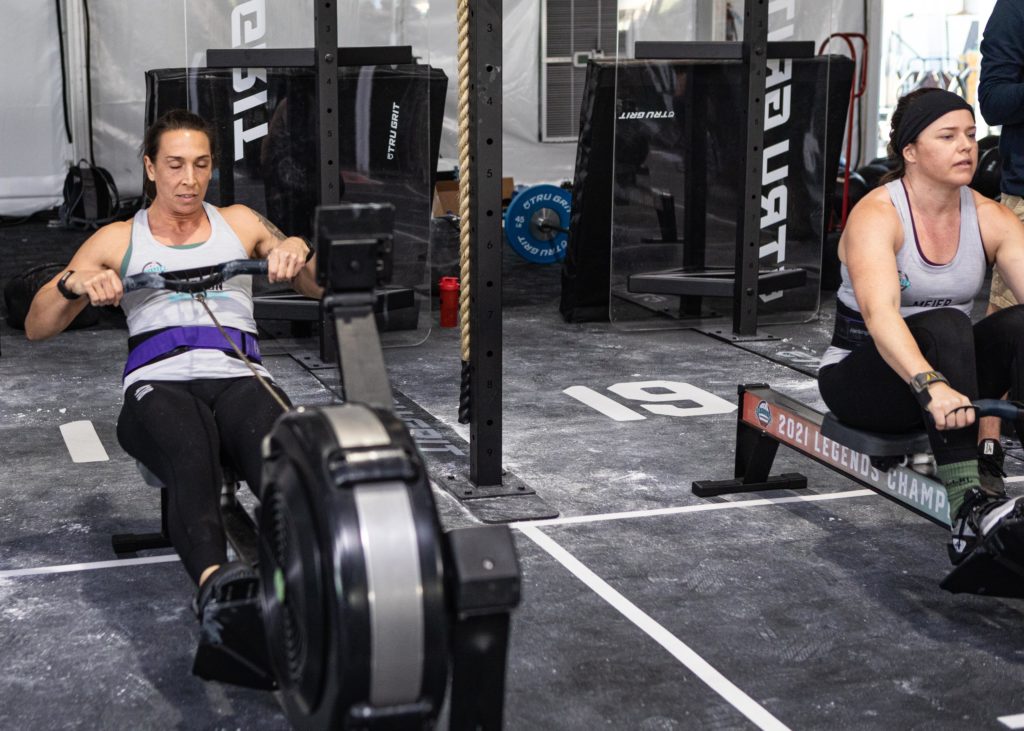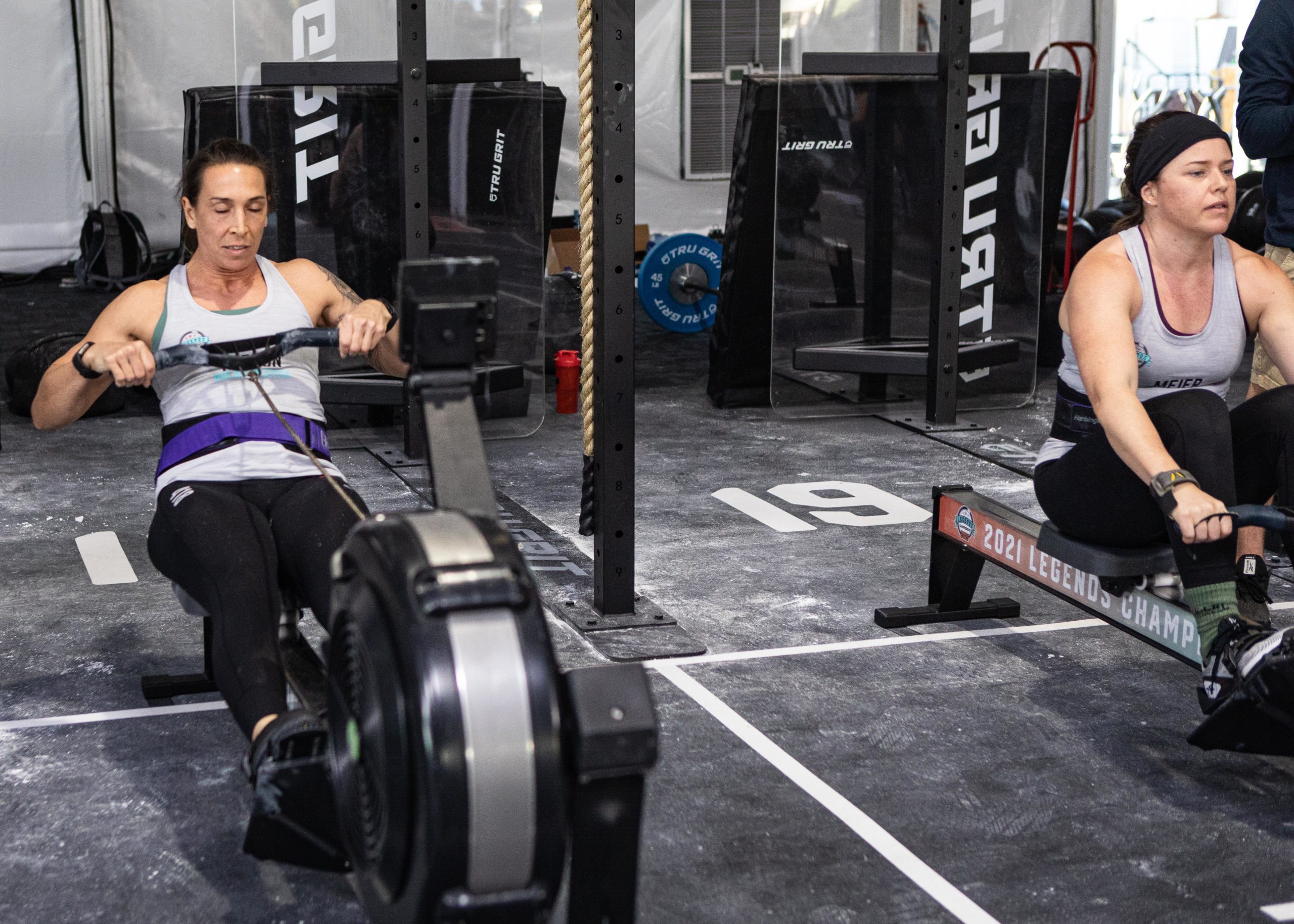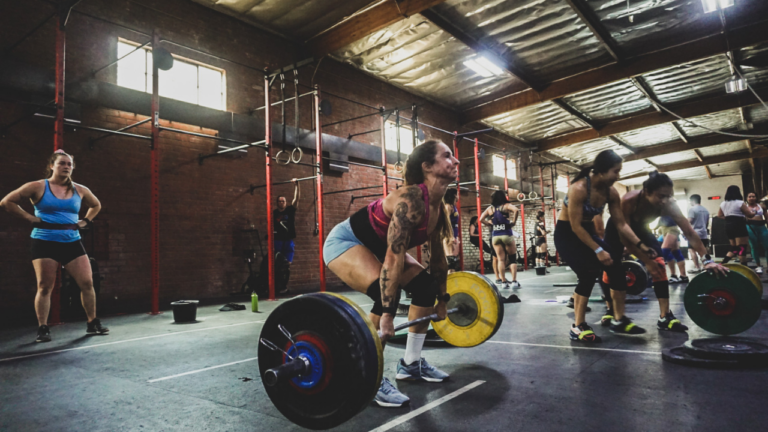Fuel Your Performance: Top 5 Supplements for Female Athletes to Enhance Endurance

For female athletes striving to push their limits and achieve peak performance, proper nutrition is essential.
While a balanced diet should always be the foundation, supplements can play a valuable role in enhancing endurance, energy levels, and recovery.
Here are five science-backed supplements specifically beneficial for female athletes looking to improve endurance and excel in their sport.
Creatine Monohydrate
Creatine is a naturally occurring compound found in muscle cells, where it plays a crucial role in energy production during short bursts of high-intensity activity. While traditionally associated with strength and power sports, recent research suggests that creatine supplementation can also benefit endurance athletes.
For female athletes participating in activities like long-distance running, cycling, or swimming, creatine supplementation may improve performance by enhancing muscle endurance and delaying fatigue. Additionally, creatine has been shown to support muscle recovery and adaptation to training, making it a valuable supplement for female athletes seeking to maximize their endurance potential.
Beta-Alanine
Beta-alanine is an amino acid that combines with histidine to form carnosine, a compound found in high concentrations in skeletal muscle tissue. Carnosine acts as a buffer, helping to regulate pH levels and delay the onset of fatigue during intense exercise.
Studies have demonstrated that beta-alanine supplementation can increase muscle carnosine levels, leading to improvements in endurance performance, particularly during high-intensity, short-duration activities. Female athletes looking to boost their endurance capacity, whether in sprinting, interval training, or high-intensity interval workouts, may benefit from incorporating beta-alanine supplementation into their regimen.
Essential Amino Acids (EAAs)
EAAs, including leucine, isoleucine, and valine, are essential amino acids that play a vital role in muscle protein synthesis and energy production. During prolonged endurance exercise, such as marathon running or prolonged cycling, muscle tissue breakdown can occur, leading to fatigue and impaired performance.
Supplementing with EAAs before or during exercise can help preserve muscle mass, reduce muscle damage, and support energy production, ultimately enhancing endurance and delaying fatigue. Additionally, EAAs may help mitigate central fatigue by competing with tryptophan for entry into the brain, thereby reducing the production of serotonin, a neurotransmitter associated with feelings of fatigue and lethargy.
Iron
Iron is an essential mineral involved in oxygen transport, energy metabolism, and the synthesis of red blood cells. Female athletes, particularly those engaging in endurance sports, are at an increased risk of iron deficiency due to factors such as menstrual blood loss, inadequate dietary intake, and increased iron demands associated with training.
Iron deficiency can lead to reduced oxygen-carrying capacity, decreased aerobic performance, and increased fatigue. Supplementing with iron can help correct deficiencies, improve endurance capacity, and support overall health and well-being. However, it’s essential to consult with a healthcare professional before starting iron supplementation, as excessive iron intake can have adverse effects.
Caffeine
Caffeine is a natural stimulant found in coffee, tea, and various energy drinks and supplements. Research suggests that caffeine can enhance endurance performance by increasing alertness, reducing perceived exertion, and stimulating the central nervous system.
By acting on adenosine receptors in the brain, caffeine can also promote the release of neurotransmitters such as dopamine and adrenaline, leading to improved focus, motivation, and endurance capacity. Female athletes can strategically use caffeine supplementation to enhance performance during endurance events or high-intensity workouts. However, it’s essential to experiment with dosages and timing to avoid negative side effects such as jitteriness, gastrointestinal discomfort, or disrupted sleep patterns.
Remember that while supplements can complement a well-rounded training and nutrition plan, they should be viewed as just one piece of the puzzle.
Female athletes looking to improve endurance should prioritize a balanced diet rich in nutrient-dense foods, adequate hydration, sufficient rest, and consistent training.
Before incorporating any new supplements into your regimen, consult with a qualified healthcare professional or sports nutritionist to ensure they align with your individual needs, goals, and health status.
With the right combination of training, nutrition, and supplementation, female athletes can optimize their endurance performance and unlock their full athletic potential.






